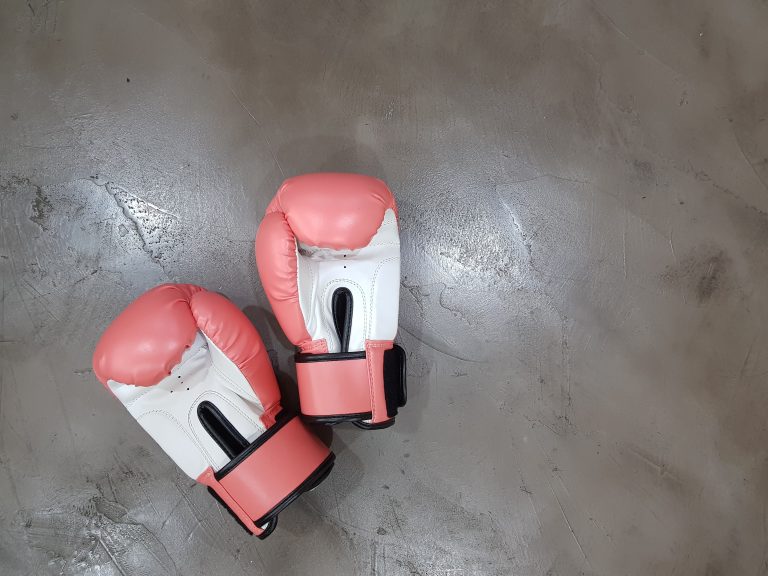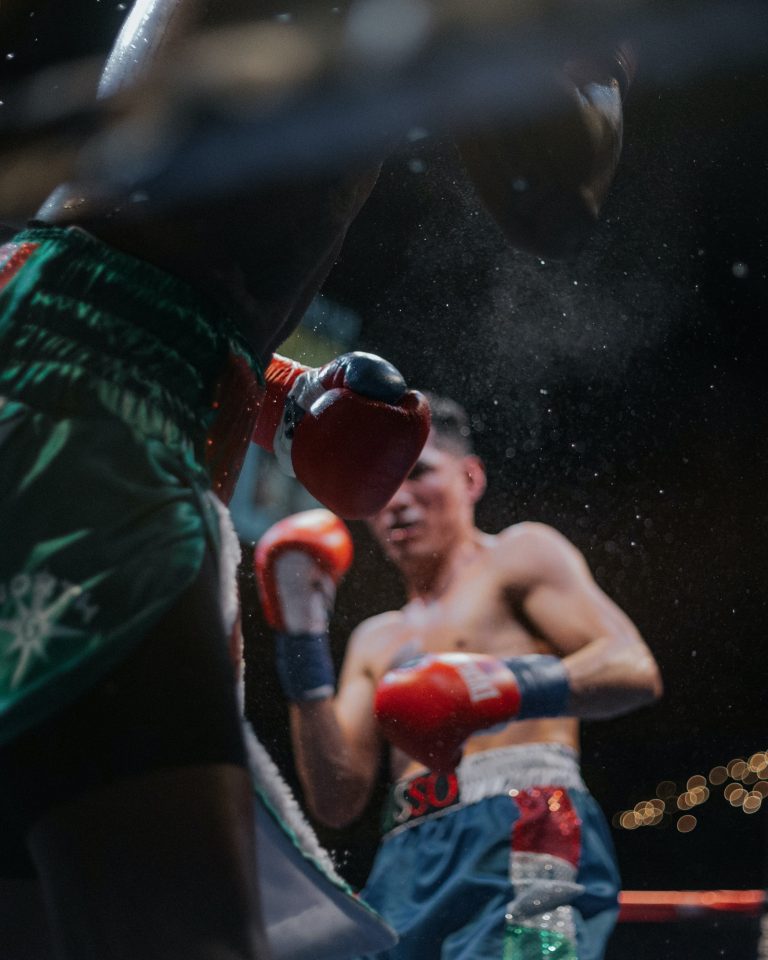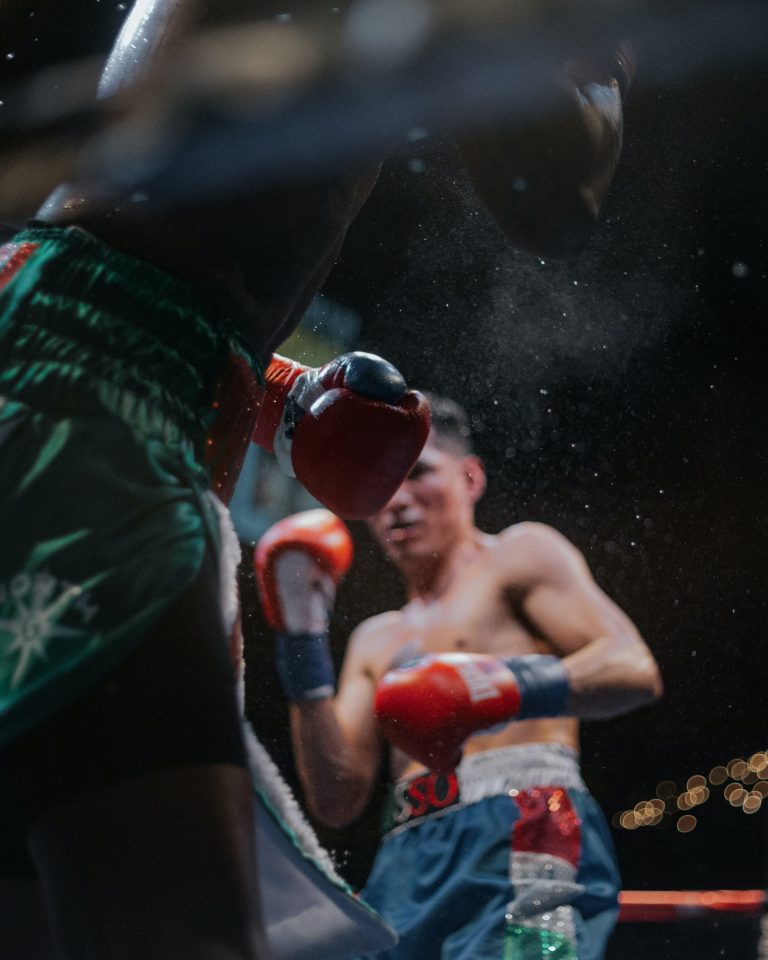What Does It Mean to Master Karate?
Many people are drawn to karate for different reasons. Some come to the martial art for the physicality, others for its spiritual aspects, and some simply for the self-defense techniques it offers. But one common thread that runs among many practitioners of karate is a desire to take their skills to the next level and become an expert practitioner of the martial art. The myth of the karate master has become almost legendary in the minds of many, but what does it mean to truly master karate?
Hierarchy and Levels
Each traditional martial art has its own organizational system that governs its hierarchy and the progress of its students. For example, the Okinawan martial art of karate-dō offers four colors that denote different levels of skill: white, green, brown, and black. White belts are awarded to students when they first join a dojo and progress in rank with green, brown, and black belt levels as they demonstrate increasing mastery of the art.
The colors typically correspond to the color of a practitioner’s uniform, but the belts mean more than just a different color of fabric. They represent a tangible measure of progress and achievement within the martial art. This system of ranking facilitates the mastery of karate skills as each belt achieved is a sign that a student is indeed getting better at their practice.
Boxing for Mastery
Karate does not culminate in the achieving of a black belt; its mastery requires dedication to a variety of disciplines. One prominent subdiscipline of karate is its boxing form. The artform includes a variety of kicks, punches, and locks that perform functions such as striking, binding, grabbing and restraining an opponent.
In order to become a master at this form of karate, practitioners must be proficient at manipulating their body in such a way that they can make contact with their opponent without compromising their balance or posture. This goes beyond simply hitting; it requires precise coordination and calibration that can only be achieved through rigorous training.
Showmanship and Discipline
Beyond the physicality of karate practice, many experts suggest that mastery also requires a certain sense of showmanship. In other words, it’s not just about being better at karate for its own sake; it’s about having the presence to demonstrate your skill in both action and attitude.
Karate masters are exemplars of patience and self-control through their ability to stay calm under pressure and maintain posture and breathing technique in the face of adversity. Their discipline and composure are evident when performing techniques and sparring with opponents.
Beyond the Dojo
In addition to developing strong technique, many martial arts prescribes adherence to certain philosophical principles, such etiquette, respect for one’s teacher, loyalty and respect for one’s peers, dedication to practice, and more. Such principles serve to help practitioners of karate gain new perspectives on life in general and develop a sense of self-discipline that can be applied beyond the dojo.
Karate masters are renowned not just for their technical skill or their showmanship, but also for their character. Developing such a character requires individuals to commit themselves to a lifestyle or practice that seeks to embody these values; this is an important part of mastering the art of karate.
The Path Ahead
For those who are looking to take up karate or have been training for some time, mastery may seem like an elusive goal. However, by familiarizing yourself with all aspects of the martial art—including physicality, showmanship, and philosophy—as well as investing in yourself through diligent practice and respect for tradition, you can gain a deep understanding of this centuries-old art form.
Whether you’re looking to become an expert competitor or simply gain a more sophisticated understanding of this respected tradition, the journey toward mastery is ongoing—often marked by plateaus—and filled with reward when you achieve your goals. With a strong commitment and spiritual dedication, it’s possible for anyone with dedication to unlock their inner karate master.
The Most Frequently Asked Questions About What It Means to Master Karate
Karate, a martial art form from the island of Okinawa, Japan, is known for its powerful striking techniques, finesse, and discipline. The word „karate“ translates to „empty hand,“ indicating that practitioners use their bare hands and feet to defend themselves. Karate has gained popularity globally, with millions of practitioners worldwide.
However, it takes years of disciplined practice and focused efforts to master the art of karate. Many beginners and even intermediate students have a lot of questions about what it means to master karate. In this blog post, we will answer some of the most frequently asked questions about what it means to master karate.
1. What Does It Mean to Master Karate?
„Mastering“ karate refers to achieving a level of expertise that defines a „master“ or „sensei.“ By mastering karate, you grasp the deeper principles of the art beyond its physical techniques. A karate master exhibits a high degree of skill and knowledge attainable only after a lifelong dedication to constant improvement, training, and strict adherence to the principles of karate.
2. How Long Does It Take to Master Karate?
The length of time it takes to master karate varies from person to person, depending on factors such as natural ability, dedication to training, and motivation. Typically, it takes at least ten years of disciplined training to achieve the level of a karate master. However, this may vary, with some exceptional practitioners mastering the art in less time, while others take longer.
3. What are the Basic Elements of Karate Training?
Karate training encompasses several elements that help a student to master the art. These elements include:
Physical training
Physical training involves the conditioning of one’s body, improving strength, flexibility, and endurance. Karate training includes exercises such as push-ups, sit-ups, leg raises, and stretches.
Kata
Kata refers to the practice of choreographed routines that simulate fighting scenarios. Practitioners use kata to master techniques, timing, and distancing.
Kumite
Kumite refers to sparring or combat that helps a karate practitioner develop their practical skills. Practitioners use kumite to apply techniques learned in kata and develop their reflexes, timing, and distancing.
Meditation and Breathing Techniques
Meditation and breathing techniques help a karateka develop focus, calmness, and mental strength. Practitioners use meditation and breathing exercises such as Zazen and Zen breathing to enhance their mental and physical abilities.
4. Can You Learn Karate from Online Tutorials?
Online tutorials are an excellent way for students to supplement their regular karate training. However, online tutorials cannot replace in-person training with a qualified instructor. Karate requires proper instruction, direction, feedback, and correction, which are only possible through in-person training. Therefore, it is best to use online tutorials as a supplement to your regular training and not as a substitute.
5. What are the Benefits of Mastering Karate?
– Physical fitness and overall health
– Improved confidence and self-esteem
– Self-defense skills
– Improved discipline and focus
– Improved mental and emotional health
6. What are the Challenges of Mastering Karate?
Mastering karate is not an easy feat. It requires years of dedication, training, and discipline. Some of the challenges of mastering karate include:
– Extended training duration
– Physical and mental exhaustion
– Injuries and setbacks in training
– The high level of competition
– Navigating different martial arts schools and finding the right instructor
7. How Can Beginners Get Started with Karate?
If you are a beginner looking to start with karate and eventually master the art, here are a few tips to get you started:
– Find a qualified karate instructor and join a reputable martial arts school.
– Attend karate classes regularly and stay committed to training.
– Learn the basic techniques and principles of karate and practice them regularly.
– Develop a positive attitude, determination, and a willingness to learn and improve.
– Set realistic goals and monitor your progress over time.
Conclusion
To master karate is to achieve a high level of skill, knowledge, and discipline that requires years of dedicated training and practice. The journey can be challenging, but the benefits of mastering this ancient martial art form are immeasurable. By following the tips in this blog post, beginners can get started, and intermediate students can continue to improve and eventually master karate. Good luck on your journey!
Inhaltsverzeichnis






